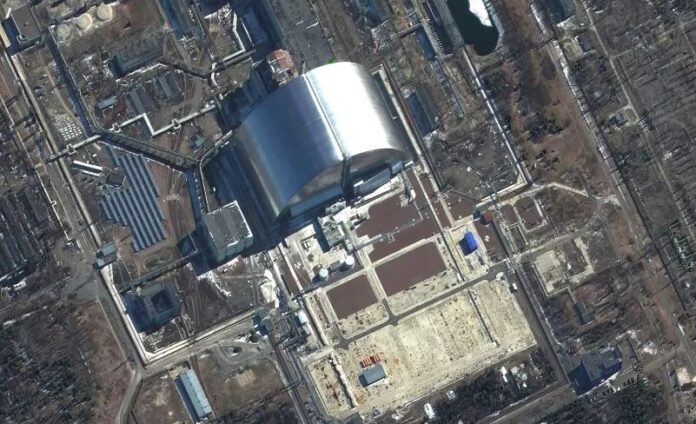The Russian invasion of Ukraine is being felt far and wide, from risks to nuclear power plants to impacts on science experiments to fear of a nuclear war.
Russia launched a war against Ukraine on Feb. 24, 2022, targeting more than a dozen cities and the Chernobyl nuclear site within the first day of the invasion.
The ongoing war not only threatens Ukraine’s continued existence as an independent country, but the conflict will likely have wide-reaching ramifications for science-related industries and organizations the world over. In addition, the potential for nuclear war and damage to Ukraine’s various nuclear sites pose a threat to public health and the environment, on a global scale.
As the war continues, Live Science will be sharing live updates on how the conflict is impacting various scientific fields, the energy sector and the space industry. We’ll also be covering developments related to nuclear weapons and power plants, as well as relevant health news, such as the state of medical supply chains in Ukraine and updates on how the COVID-19 pandemic is unfolding in the region.
Russia threatened to pull out of the International Space Station (ISS) program until sanctions from the West are lifted, according to news reports. This isn’t the first time the Russian space agency, Roscosmos, has aired such threats.
Head of Roscosmos Dmitry Rogozin said that Moscow would restore cooperation with ISS partners only after sanctions were lifted. (Other ISS partners include the United States, Japan, Canada and the European Union.)
“The purpose of the sanctions is to kill the Russian economy, plunge our people into despair and hunger and bring our country to its knees,” Rogozin wrote on Twitter on Saturday (April 2), as translated from Russian using Google Translate.
This and other similar tweets from Rogozin do not mean Russia will necessarily walk out on the ISS. The Russian space chief is known for his hyperbolic statements, according to Live Science sister site Space.com. Despite these past threats, the ISS has been operating normally, with NASA astronaut Mark Vande Hei returning to Earth in a Russian Soyuz spacecraft on March 30.

